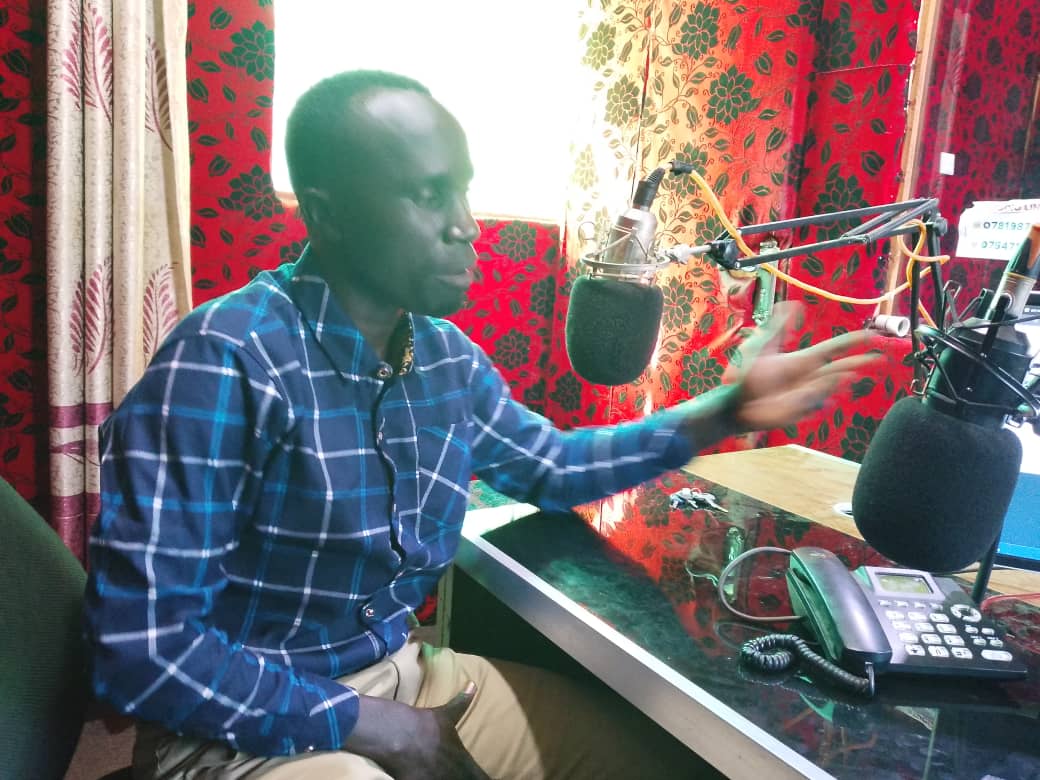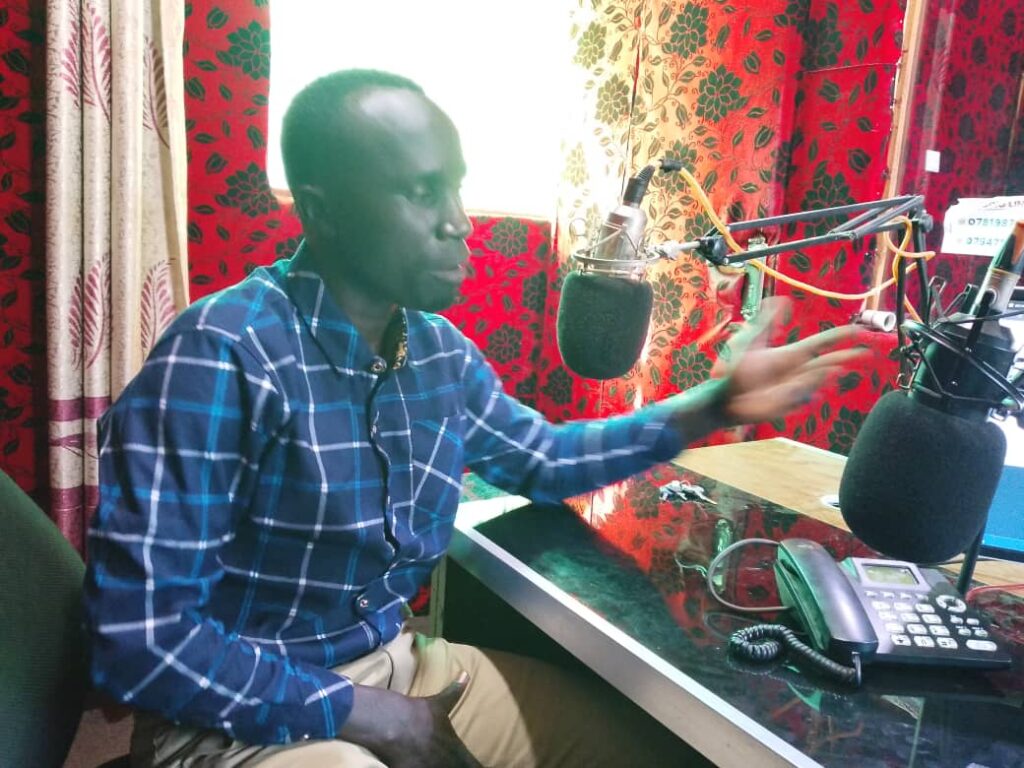
 Radio Wang Ooh
Radio Wang Ooh

 Radio Wang Ooh
Radio Wang Ooh
28 June 2025, 3:28 PM

By David Ojok Jr
A disturbing rise in suicide cases across Agago District has prompted urgent calls for cultural and religious intervention, with leaders warning of a growing mental health crisis among young people and families still struggling with trauma from past conflicts.
This week, the community of Patongo Town Council was left in mourning following the death by suicide of 17-year-old Akullu Lillian. According to local authorities, Lillian took her own life after a disagreement with family members over a romantic relationship that her aunt strongly opposed.
The LCIII Chairperson of Patongo Town Council, Hon. Komakech Joseph, said this is the fourth suicide case reported in Patongo in just one month. He urged parents to engage more closely with their children and to support them emotionally and mentally.
He is now calling on the public to exercise community neighbourhood watch and to promptly report to the authorities any signs or behaviours that may indicate someone is at risk of suicide.
Earlier in May, another suicide case shocked the district when Sunday Auma, a 20-year-old mother, took her own life in Labworyemo Central Cell. Auma had reportedly argued with her husband over allegations of infidelity. She left behind a three-month-old baby girl, further deepening the trauma for her young family.
These cases form part of a wider trend across the Acholi sub-region, where the lingering effects of the Lord’s Resistance Army (LRA) insurgency continue to impact the mental well-being of many. Experts link the growing number of suicides to post-traumatic stress disorder (PTSD), domestic violence, land disputes, chronic illness, and untreated mental health conditions.
Mental health professionals working in the region describe the situation as overwhelming. According to Basic Needs UK in Uganda (BNUU), which has been implementing community mental health programmes in Agago, over 3,800 people with mental health conditions have been identified and supported in the past three years.
Despite the urgent need, the district remains critically under-resourced, with only one psychiatric clinical officer, and most lower-level health centres lacking personnel trained in mental health care, according to the District Health Office.
In response, religious leaders across various denominations are organising interfaith prayers, community dialogues, and offering home-based counselling to affected families. At the same time, cultural leaders are urging the revival of traditional reconciliation ceremonies to help restore community bonds and promote healing.
Community leaders are calling for a multi-sectoral approach that combines healthcare services, family counselling, religious involvement, and traditional practices to address the growing mental health burden.